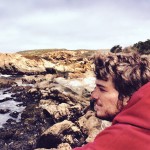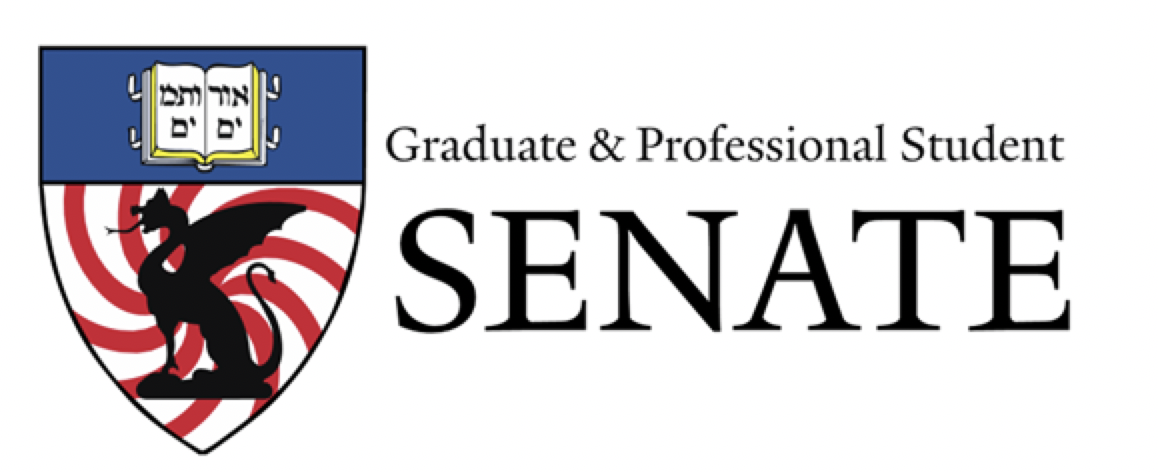By Jordan Gardner
“Life has two roads: you can take the hard, constructive road. Or you can take the easy, destructive road. A lot of people in the community took the easy, destructive road — and their offspring were left without guidance. It’s a vicious cycle and the chain needs to be broken.” - James Magruder, City of Trees
In the wake of the Great Recession, unemployment in Ward 8 of the nation’s capital rose to more than 25%. When the nonprofit Washington Parks and People received a $2.7 million grant, organization director Steve Coleman used the opportunity to provide employment for hundreds through tree planting and urban park reclamation. City of Trees follows the stories of three of these men as they work to affect change in a time of hardship.
Director Brandon Kramer’s film reflects his dedication to social justice and the personal stories that embody it. A Washington native, Brandon’s familiarity with marginalized communities has allowed him to study the complex world of nonprofits and social impact.
JG: What inspired you to make City of Trees?
BK: In 2010, my brother Lance and I met Steve Coleman, the Executive Director of Washington Parks & People. At this time, the entire country was immersed in an important conversation around how to get ourselves out of the recession. Steve shared with us that he had received a $2.7 million stimulus grant to create one of the largest urban green job training programs in the country here in DC. He was hoping to train hundreds of people in the city who were struggling with long-term unemployment by teaching them how to take care of parks and trees in under served neighborhoods of the city. Lance and I went to visit the Green Corps one day, and became immediately fascinated with this story. We felt we had an opportunity to tell a very intimate story about the national recovery but in a hyper-local and long-form fashion. As storytellers, we are interested in stories that dig into the messy truth of social change efforts, and telling these stories through the perspective of a few people over a long period of time. The two year stimulus grant window provided a perfect structure to document the experiences of this organization and its people during an incredible moment of change and struggle. We became fascinated by how these kinds of interventions not only changed the people’s lives that WPP was trying to reach, but how it changed the organization and the staff themselves. We also had a very unique situation in that Washington Parks & People is a nonprofit that believes in the power of independent storytelling and journalism. Steve and the staff provided unfettered access to allow us to document this period through its successes and challenges. As observational documentary filmmakers, this allowed us to capture the story organically, and authentically document what happened as it was unfolding. WPP stood behind this bold notion that telling an authentic story was more important to the public interest than advancing a specific communications objective.
JG: How did you approach using film to tell the story of the recession in DC?
BK: A recession is a time of economic struggle that is felt by individual people’s lives. To us, documentary filmmaking is at its best when you are able to capture people trying to persevere through a challenge they face. We knew we did not want to try to tell ‘the story’ of the recession. We wanted to tell the story of a few people during this moment who were trying to create change for themselves and for their communities. The film documents a very small sampling of that moment for the country and for the city. Naturally, at tough moments in people’s lives, these moments are best shown visually and through sound. Being out of work can be best translated through observing how someone is static, not moving and silent. Getting back to work is often observed through the motion, movement and noise that comes with working.
JG: Do filmmakers have a responsibility to culture? Do you feel that being a creative person requires that you give back or tell a particular story? Why or why not?
BK: Documentary filmmaking requires deeply engaging with culture. It goes way beyond a responsibility. It’s not a footnote or something that is nice to do if you can. To tell an effective, ethical, meaningful story, you must be fully absorbed in the culture of your character’s lives, and come to terms with how that relates to your own culture, community and background. I don’t think your culture as a filmmaker needs to be the same as your subjects in order to help tell the story, but if your story does not “get” the culture that you are documenting, then the story will not work. To get to that place of cultural relativism requires a thoughtful, but also intense, messy, and vulnerable process of asking a lot of questions, falling on your face, and being unafraid. It requires a delicate process of knowing the limitations of inquiry and telling a story about a community and lived experience that is not your own. You can feel this process deeply in any film. It’s something that you feel at your core, a deep trust or mistrust, empathy or angst, that is part of the film watching experience as much as the filmmaking experience.
JG: What role have film festivals played in your life? Why are they necessary and how do you get the most out of them?
BK: For filmmakers, film festivals keep us all sane and connected. You work for five years, mostly alone and in small teams, building and wrestling with a piece. Festivals provide supportive spaces to bring the story into the world. Most festivals understand what the filmmakers and subjects went through to get to the point of having a completed film, and they exist to provide a supportive first connection point between the filmmaker and the public. It’s an important step in learning how the piece actually engages with audiences, for better or worse. Festivals reward the committed audiences with a movie-going experience that far-surpasses the engagement of your standard megaplex theater. Some festivals are also therapy for us as filmmakers. They provide a reflective space to talk, unwind, have a beer, and laugh a little about how crazy we all are to embark upon this work in the first place. Laughing is very important.
JG: What areas would you like to explore in the future?
BK: We continue to be fascinated with the process of social change. At a very base level, my brother Lance and I would like to play at least a small role in making the world a more loving and kind place for the children we may have one day. We are strong believers in people, programs and efforts that work toward positive change. But we feel that at times the storytelling and narrative around this important work is either forgotten altogether, or told in a highly reductive, manipulative, or simplistic way that actually doesn’t allow the public to understand what’s working, what’s not, and have healthy and honest conversations about how to strengthen our communities At Meridian Hill Pictures, part of this work as storytellers comes through training people who work in nonprofits and schools how they can better tell their own story through accessible tools like iPads and iPhones. We are also in post-production on a sister film to CITY OF TREES called PROJECT SING, which looks at a different effort of social change through a highly-personal and authentic lens. In PROJECT SING we focus on a program aimed at using community organizing to reduce isolation of seniors in lower-income neighborhoods of DC. We’ve been following a group of 20 seniors over the course of three years to tell this story. We’re hoping that later this year we can enter the edit of this story.

















